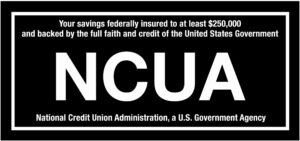Protecting Your Personal Information: What to Keep and What to Shred
The Federal Trade Commission (FTC) recently posted an important Consumer Alert that reminds us how critical it is to protect our personal documents and sensitive information.
Their alert, Protecting Your Personal Information: Which Documents to Keep and Which to Shred, offers valuable guidance on which documents to retain, how long to keep them, and how to store them securely.
It also includes recommendations for how and where to safely store essential records—such as birth certificates, Social Security cards, and tax documents.
One key takeaway: shred any documents containing personal information that you no longer need. Use a cross-cut (confetti-style) shredder instead of a strip-cut version. Strip shredders can leave documents vulnerable to reconstruction if they fall into the wrong hands.
If you don’t have access to a shredder, check for local shred events often hosted by community organizations, credit unions, or city offices.
As a Personal Financial Coach, I help people understand and strengthen their credit. It’s essential to recognize how identity theft and fraud can severely impact your financial well-being. Not only can they cause significant financial loss, but the stress, time, and energy required to recover can also be overwhelming.
Taking a few proactive steps now—like safely storing what matters and shredding what doesn’t—can help protect your future peace of mind.
If you’d like help understanding your credit report and learning how you can help protect yourself, click HERE to schedule your personal financial coaching session.
Lisa Atkinson
TFCU | Personal Financial Coach
latkinson@tucsonfcu.com
As a Personal Financial Coach, I do not provide legal or tax advice.
Tucson Federal Credit Union does not make any guarantees that this service will achieve any particular objective or outcome. For any legal advice, please seek the advice of an attorney or tax professional.






